- You have no items in your shopping cart
- Subtotal: $0.00
St. Helena Waxbills for sale are a great choice for avian bird lovers. The Common Waxbill (Estrilda astrild), also known as the St Helena Waxbill is a small passerine bird belonging to the estrildid finch family. It is native to Sub-Saharan Africa but has been introduced to many other regions of the world. It is popular and easy to keep in captivity. It is very similar in coloring to the Red Eared Waxbill. It has a slender body with short rounded wings and a long graduated tail. The bright red bill of the adult is the color of sealing wax giving the bird its name. The plumage is mostly grey-brown, finely barred with dark brown. There is a red stripe through the eye and the cheeks and throat are whitish. There is often a pinkish flush to the underparts and a reddish stripe along the centre of the belly depending on the subspecies. The rump is brown and the tail and vent are dark. Females are similar to the males but are paler with less red on the belly. Juveniles are duller with little or no red on the belly, fainter dark barring and a black bill.
Geography: Africa
Song/Call: Click to listen to the St Helena, Common Waxbill
Size/Weight: 4.5″ / 19 g
Sexing: Monomorphic. The St. Helena Waxbill is difficult to sex visually. DNA gender testing is available for additional fee to ensure desired gender.
Temperament: The St. Helena Waxbill is peaceful, but can be defensive of the nest. St. Helena Waxbills are active, lively, and gregarious pet birds.
Breeding: The best success comes from breeding in an aviary which should be planted with dense bushes. Nesting materials consist of coconut fiber and grasses to build the nest, and sometimes soft white feathers are used to line the nest. Spherical nests are built close to the ground in a bush, clump of grass, shrub, tree, or creeper. Both sexes participate in nest construction.
Diet: Classic Finch Seed, Australian Blend Goldenfeast, Dried Egg Food, Cuttlefish bone, grass seeds and insects during breeding season when more protein is needed.
DNA Testing
If there is no gender option listed for a bird on our website, that particular species is ‘monomorphic’, which means we’re unable to determine gender without purchasing DNA testing. DNA testing is an additional $149 per bird to guarantee preferred gender. DNA testing may add an additional 3-6 plus weeks to estimated delivery time to allow for gender results. See our FAQs for more info.

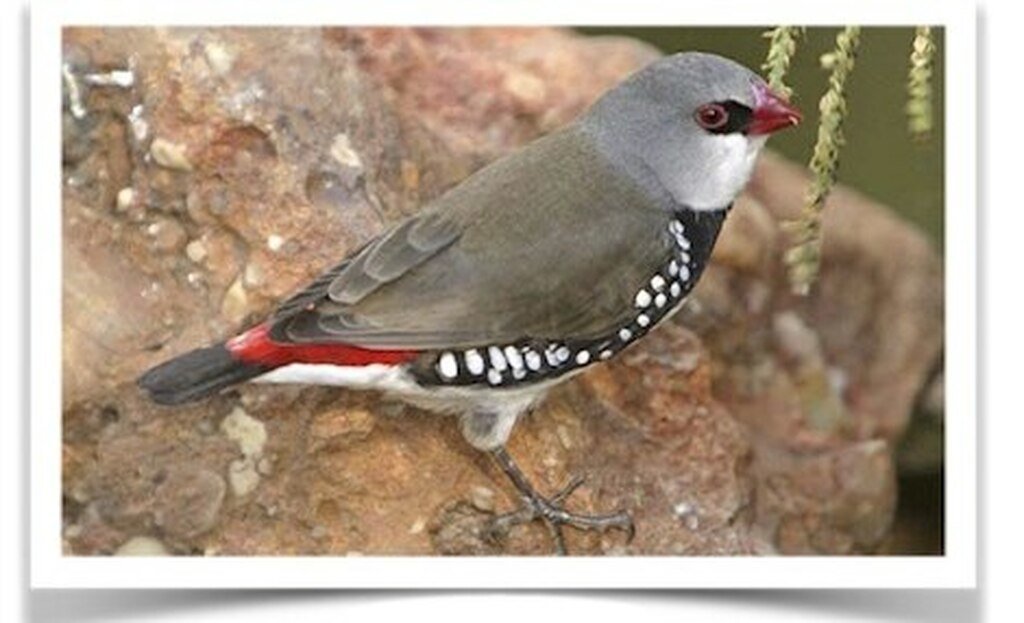
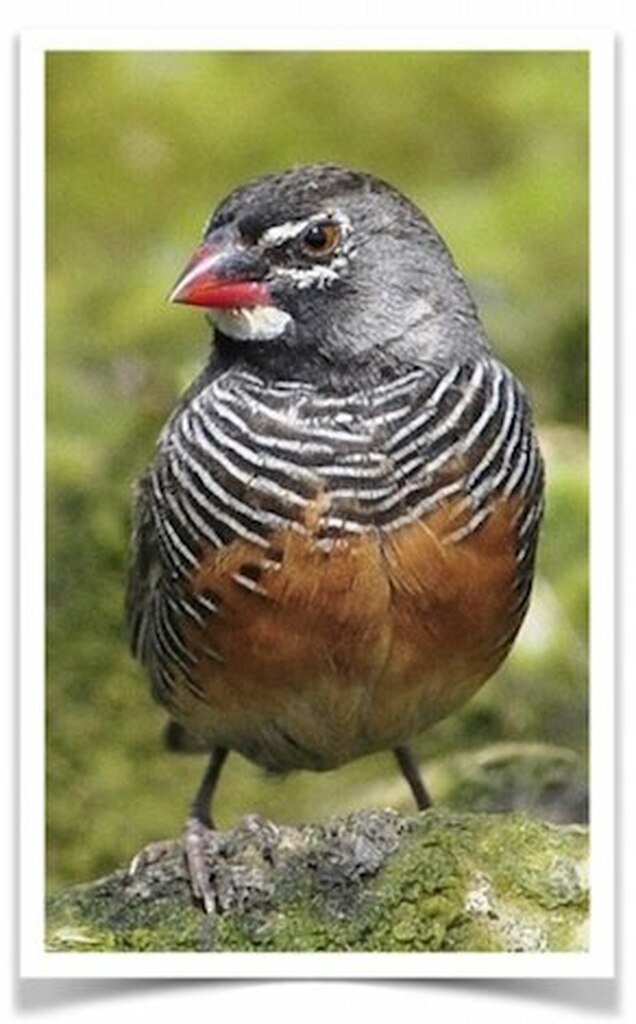


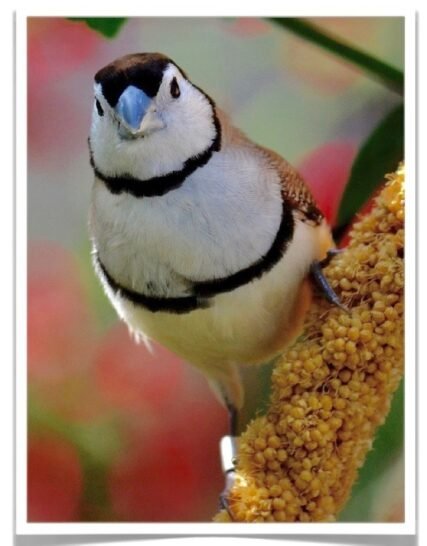




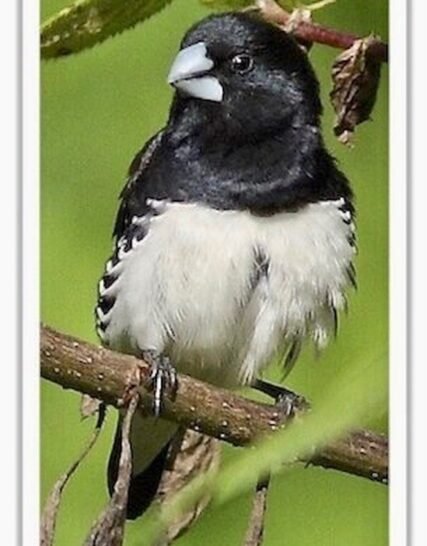
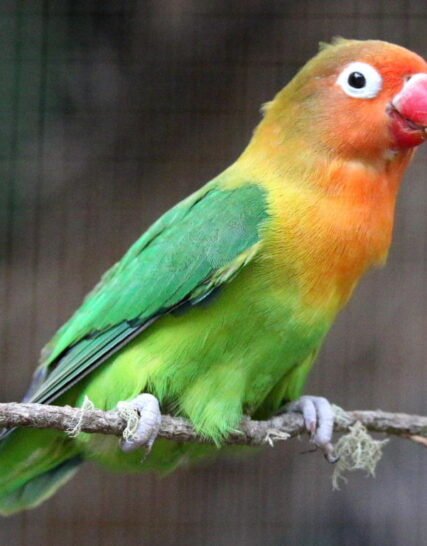
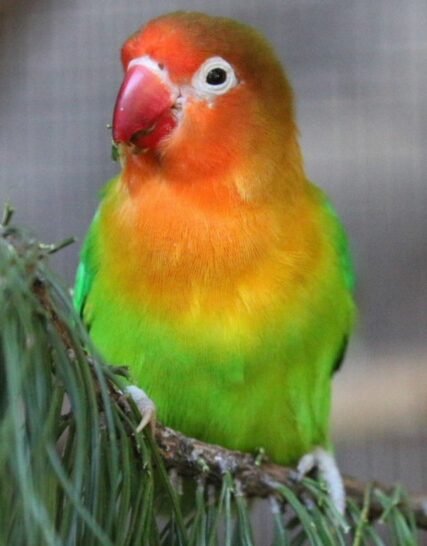


Reviews
There are no reviews yet.